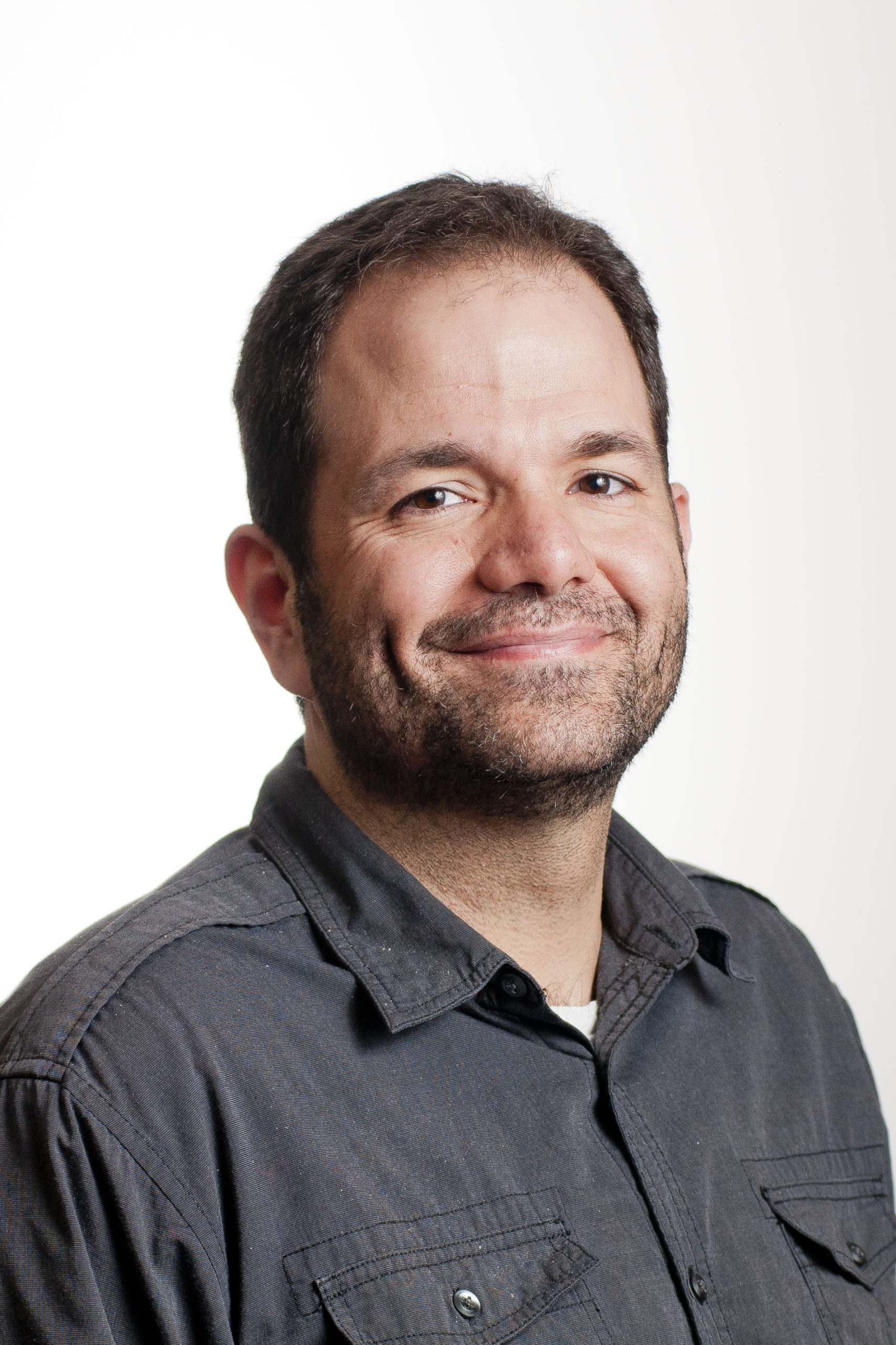
Jason Boone is coordinating minister of the Peace and Justice Support Network.
Heading to the airport for an early morning flight, I grabbed the most radical, subversive, counter-cultural peace book I own to read on the plane. What was it? “How to Win Friends and Influence People” by Dale Carnegie, of course.
Hear me out — Yes, “How to Win Friends…” was first published in 1936 and it shows. It’s dated in many ways and is kind of nerdy to be honest. On the other hand, it’s been around for so long for a reason. It works!
I picked up a copy years ago in a used book store because it was cheap, and I am a compulsive book-buyer. My experience is that when I take the care to actually do the things in the book, my relationships improve. It’s really as simple as that.
It’s an easy read and the concepts are familiar. Some of this your parents or Sunday school teachers likely taught you when you were a kid. Some is common sense that you’ve picked up from ordinary life:
- Begin in a friendly way
- Be a good listener
- Encourage others to talk about themselves
- Try honestly to see things from the other person’s point of view
As is often the case with simple things, the temptation is to dismiss it as childish. To do so is to miss the power and profundity that lurks below the surface of simple things. “Try to see things from the other’s point of view.” Ya, ya, ya, we all know to do this. But when was the last time you actually did it? What is your default mode today when encountering a person who holds a position different from yours? To dismiss them? To insult them? To see them as enemies to be overcome?
I’m not suggesting that this type of interpersonal peacemaking is the only thing needed to create a just world and that being friendly will dismantle oppressive systems and structures. But I do believe it’s a mistake to think that peace can flourish when enmity exists between people.
We should resist the evils of systems of domination in our world. We should actively work to shape our political systems so they benefit the vulnerable in society. Thankfully, peacemakers are getting better at that. We know how and aren’t afraid to work for peace and justice in the public square and the political realm.
Of course, everyone else is getting better at advocating for their political vision as well. And so opposing camps battle it out for control of the systems that we believe can bring justice if used properly, destruction if they fall into the wrong hands.
And while we look for hints or clues for how the battle is going, as we interpret everything — every purchase, every decision, every single tweet — through the lens of our politics, the fabric of society unravels, slowly but surely. Self-righteous politically homogenous echo chambers where we support and encourage derision and suspicions about the “other side”— this ends badly for everyone. History’s ugliest sins—slavery, gulags, concentration camps, genocide, the removal of indigenous people from native lands, the list is long and putrid — don’t stem from a bunch of folks committed to seeing things from another’s point of view. These come from those convinced of their own righteousness.
We don’t have to pick just one: fight systemic injustices or be bridge-building peacemakers. I believe the peace of Jesus encompasses both. Stay engaged politically on all levels — national, state, local. Make your voice for justice heard.
At the same time, we desperately need to oppose the emerging cultural consensus that certain groups of people deserve to be hated, aren’t worthy of love and should be avoided by those who know better.
In that light, “How to Win friends and Influence People” is a radical text for these times. But even it pales in comparison to the good news of Jesus, who refused to accept the abusive system of empire or the divisive cultural systems of his time. He opted instead for the Kingdom of God, a new reality that declares love to be the highest law, applicable to all, even our enemies.

